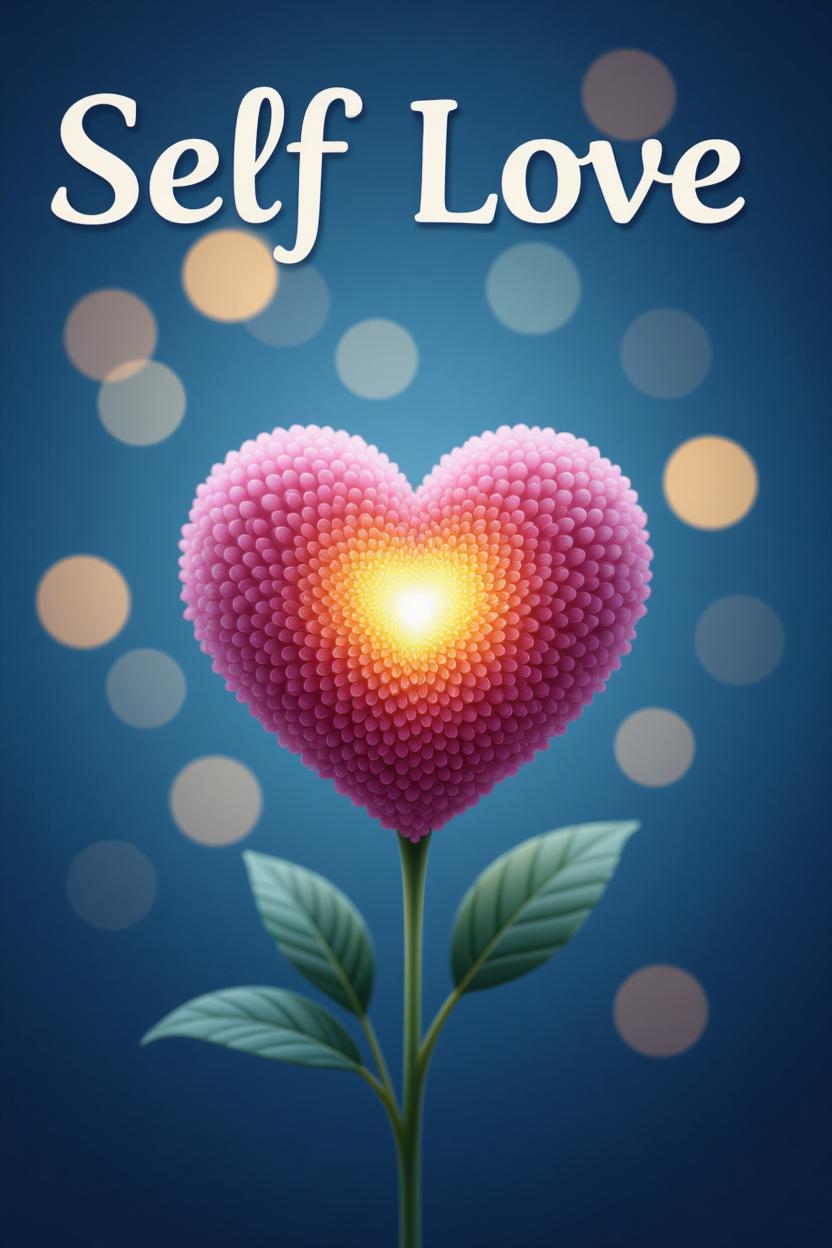I’ll admit, the idea of self-love used to make me cringe a little. It sounded indulgent, like something reserved for influencers posing in front of mirrors with inspirational captions. But then I hit a rough patch—days when I felt like I wasn’t enough, when self-criticism drowned out any kindness I could offer myself. It was in those moments that I realized self-love isn’t about vanity; it’s about building a foundation strong enough to love others, too. Far from being selfish or narcissistic, true self-love is a gentle, compassionate way to grow into your best self. Let’s explore what self-love really means, how it differs from narcissism, and how it can transform your relationships with yourself and those around you.
Rethinking Self-Love: Beyond the Selfie Culture
When I first started exploring self-love, I worried it meant being self-absorbed, like those TikTok videos where people seem obsessed with their own image. But experts like psychotherapists Eva Henschke and Peter Sedlmeier describe self-love as something deeper: a blend of self-care, self-acceptance, and self-contact—taking time to connect with your own needs and feelings. It’s not about shouting, “I’m perfect!” but about treating yourself with the same kindness you’d offer a dear friend.
I remember a time when I was overwhelmed with work and felt like I was failing everyone. A friend suggested I take a moment to breathe and ask myself what I needed—not what others expected of me. That small act of checking in with myself, maybe taking a walk or writing in my journal, felt like a quiet rebellion against the pressure to always put others first. Self-love, I learned, is about nurturing yourself so you can show up fully for the people you care about.
The Philosophical Roots of Self-Love
The idea of self-love has sparked debate for centuries. Ancient Greek philosopher Aristotle argued that self-love is virtuous when it’s tied to doing good for others. He believed we should love ourselves not for vanity, but for our capacity to contribute to the world. I see this in my friend Mia, who runs a community garden. She takes time to care for herself—whether it’s a morning yoga session or a quiet cup of tea—because it fuels her ability to bring people together. Her self-love isn’t selfish; it’s what makes her generosity possible.
Yet, not all philosophers agree. In some Christian traditions, self-love was seen as a dangerous trait, potentially leading to pride or neglect of others. But even here, the command to “love your neighbor as yourself” suggests you need a baseline of self-love to love others well. I’ve felt this in my own life: when I’m harsh with myself, it’s harder to be patient or kind with my partner or friends. Self-love, then, isn’t about putting yourself above others—it’s about creating a balance where you can give and receive love freely.
Self-Love vs. Narcissism: Drawing the Line
So, how do we separate healthy self-love from narcissism? Narcissism is about seeking admiration, often at the expense of others. It’s the person who needs constant validation, who sees themselves as superior. Self-love, on the other hand, is quieter, rooted in compassion and acceptance. It’s about embracing your flaws, not ignoring them, and using that kindness to grow.
I’ve known people who lean narcissistic, always needing to be the center of attention, and it’s exhausting to be around. In contrast, self-love feels like a warm hug you give yourself. I think of a time when I messed up a big project at work. Instead of spiraling into self-criticism, I took a deep breath and reminded myself that mistakes don’t define me. That moment of self-compassion let me learn from the experience and move forward, rather than getting stuck in shame. Unlike narcissism, which demands external praise, self-love builds an inner strength that doesn’t rely on others’ approval.
Why Self-Love Fuels Growth
One of the most beautiful things about self-love is how it helps us grow. Psychologists argue that compassionate self-reflection is key to overcoming challenges like perfectionism or self-doubt. I’ve struggled with perfectionism myself, always pushing to be “better” until I burned out. Learning to love myself meant accepting that I’m a work in progress, and that’s okay. It’s like what philosopher Jan Bransen says: self-love helps us follow Socrates’ advice to “know thyself” without fear of judgment. When we’re kind to ourselves, we can face our flaws honestly and work on them with courage.
This resonates with me because self-love has made me a better partner and friend. When I’m gentle with myself, I’m less defensive and more open to feedback. I remember a time when my partner pointed out that I was being distant. Instead of getting upset, I took a moment to reflect and realized I was stressed, not unloving. That self-awareness, born from self-compassion, let us have a real conversation and grow closer. Self-love doesn’t mean ignoring your mistakes—it means facing them with kindness so you can become a better version of yourself.
How to Practice Self-Love Without Losing Balance
Self-love sounds wonderful, but how do you do it without tipping into self-absorption? Here are a few ways to cultivate it in a way that’s healthy and grounded:
- Prioritize self-care. Take time for activities that nourish you, whether it’s a walk, a good book, or a moment of quiet reflection.
- Practice self-compassion. When you make a mistake, speak to yourself as you would a friend—kindly, not critically.
- Connect with your needs. Check in with yourself regularly. What do you need to feel balanced and whole?
- Balance self and others. Self-love doesn’t mean neglecting those around you. Use it to fuel your ability to give love generously.
These practices have helped me find a rhythm of self-love that feels authentic, not selfish. It’s like tending a garden—you water yourself so you can bloom for others, too.
A Love That Starts Within
Self-love isn’t about embracing a “glowing red-hot iron,” as Carl Jung warned, nor is it about puffing yourself up with pride. It’s a gentle, compassionate relationship with yourself that allows you to grow, heal, and love others more fully. I’ve learned that when I’m kind to myself, I’m better at showing up for my partner, my friends, and even strangers. Self-love isn’t the opposite of caring for others—it’s the foundation that makes it possible.
So, take a moment to reflect. How do you treat yourself when no one’s watching? Are you as kind to yourself as you are to those you love? This Valentine’s Day, or any day, give yourself the gift of self-love. Try a small act of kindness—a warm bath, a journal entry, or a quiet moment to say, “I’m enough.” Let that love ripple outward, strengthening your connections and reminding you that the most beautiful love stories start with the one you tell yourself.









